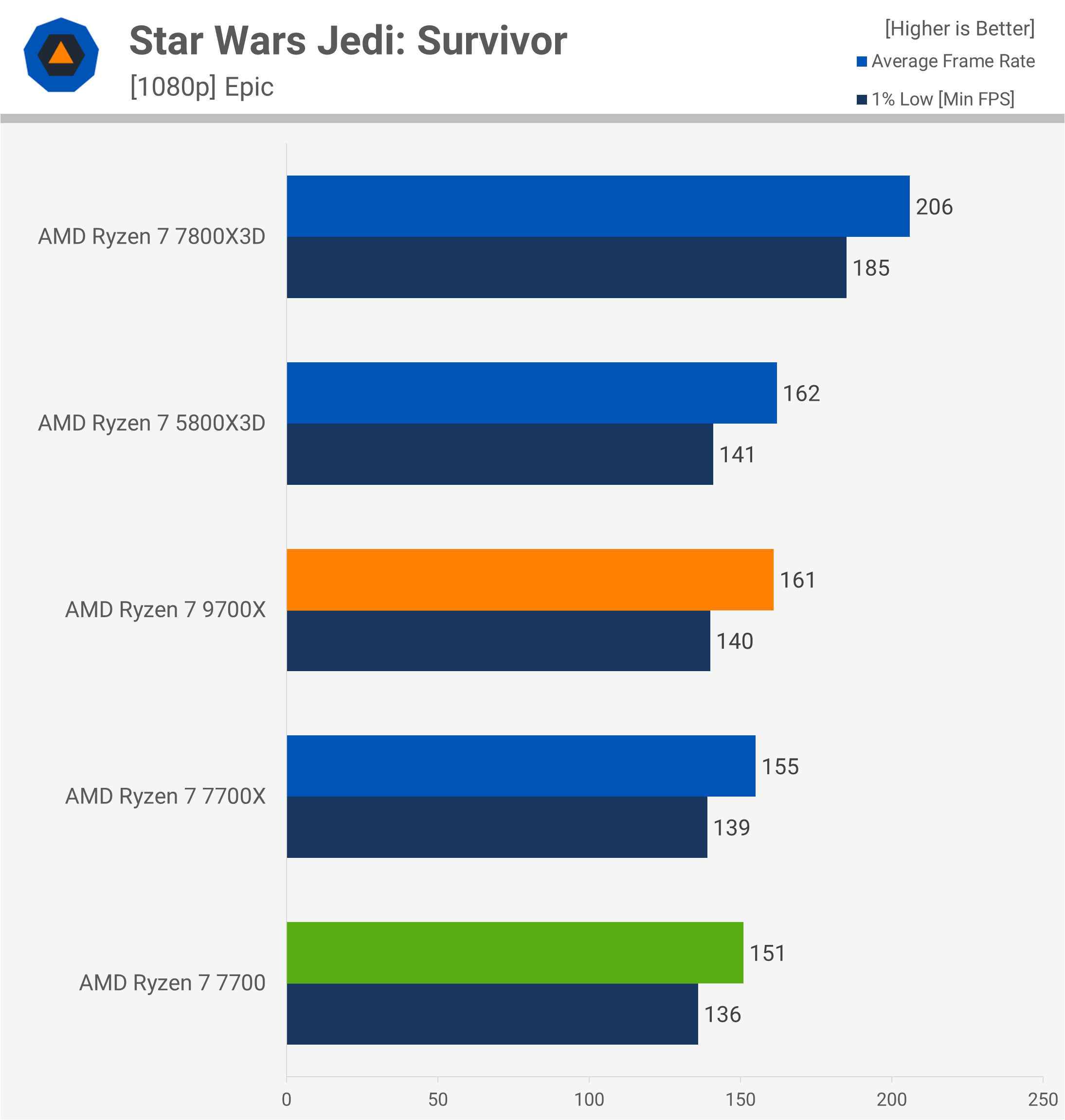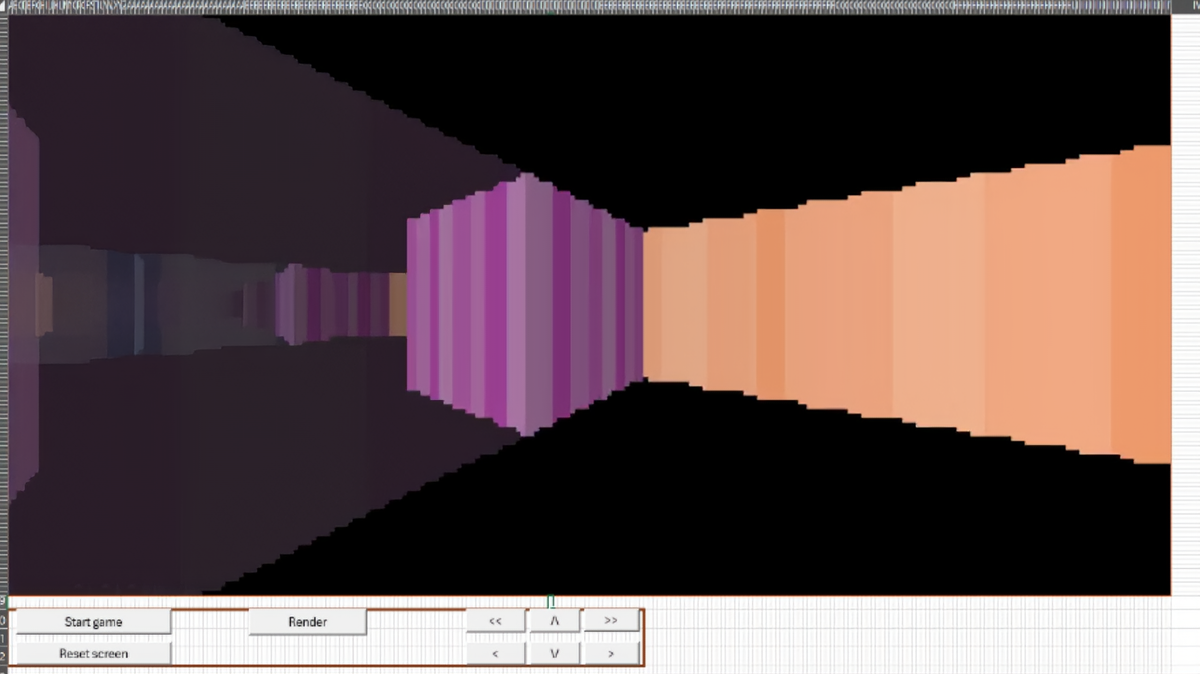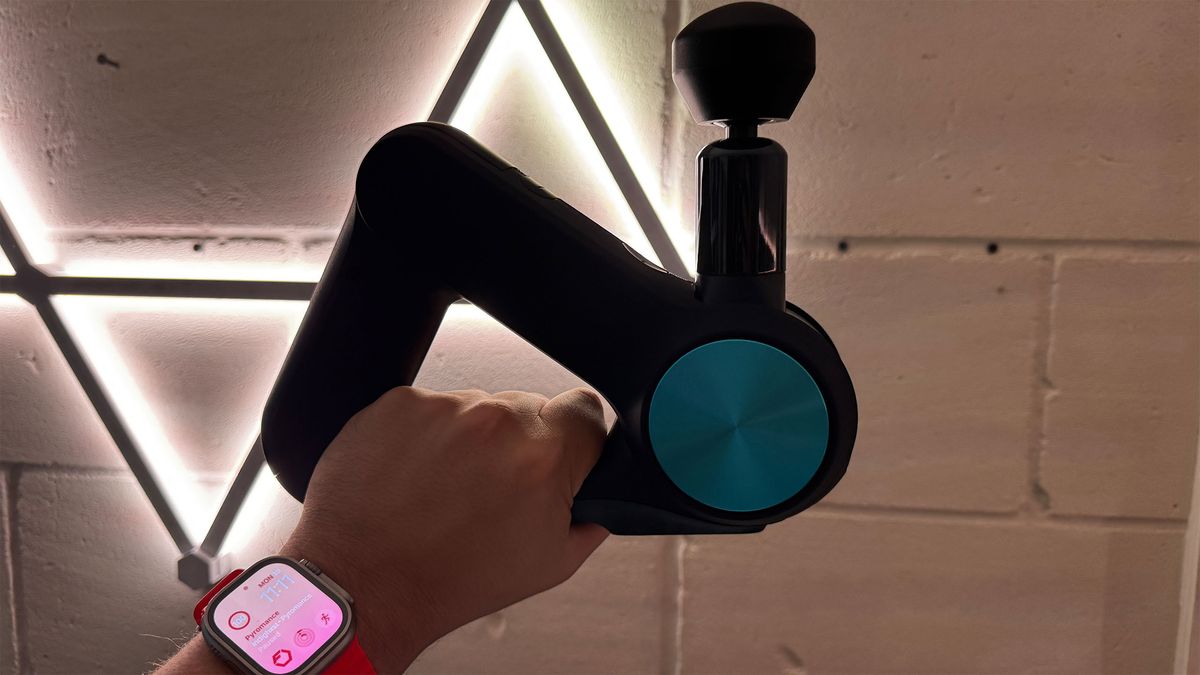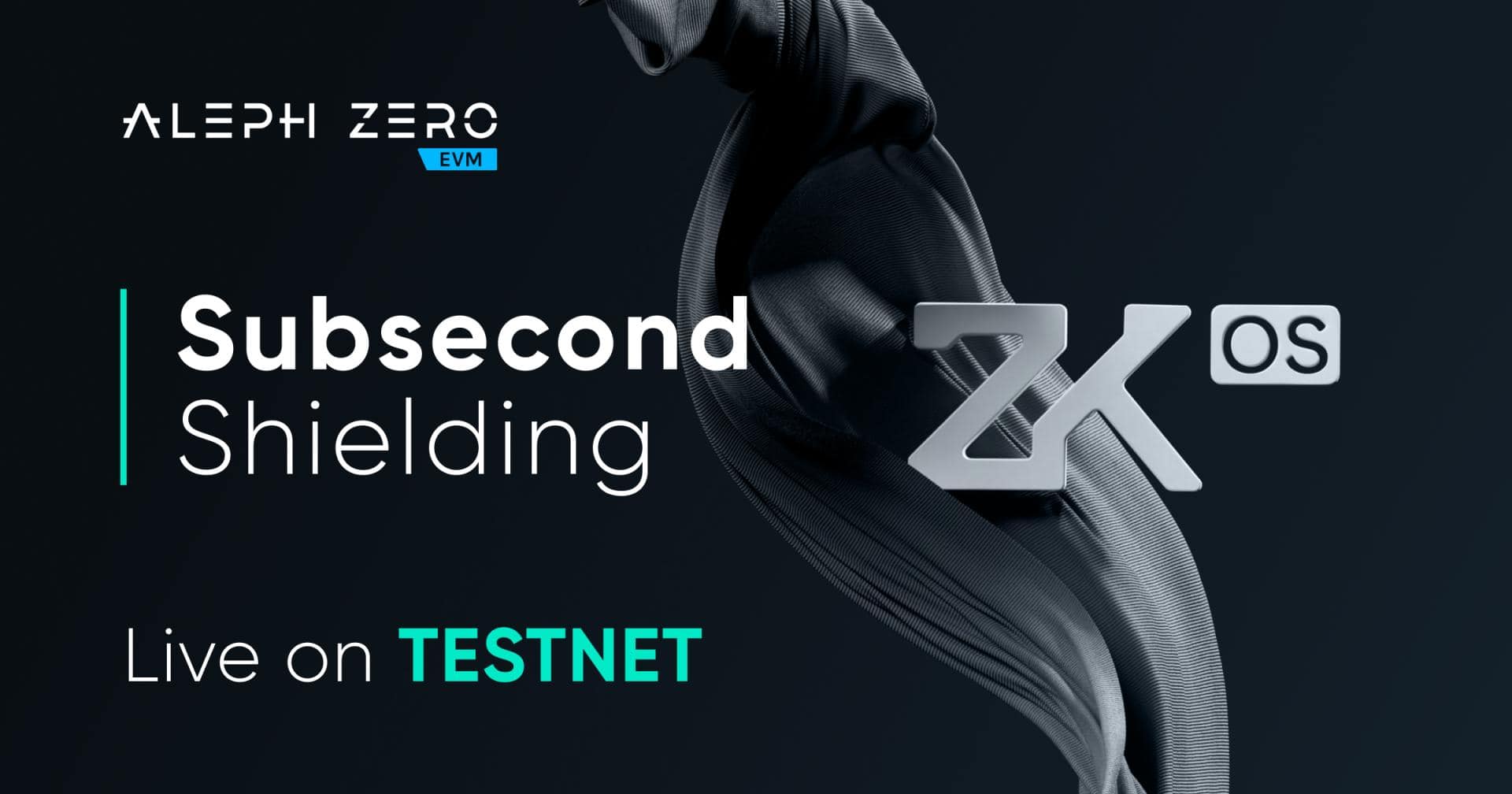A recently published study on the PC video games market looks at the impact that anti-piracy tech is having on the business. Specifically, The Revenue Effects of Denuvo Digital Rights Management on PC Video Games, by William M. Volckmann II, looks at the revenue impacts of DRM protections being cracked or bypassed.
The range of piracy impacts facing PC games software companies is incredibly wide. One of the highlights of the study, as called out by our headline, is that “Piracy causes mean total revenue to decrease by 20% when Denuvo is cracked quickly.” Thus, companies will be particularly keen to protect their wares for the key first few weeks of release. To this end, it seems like companies will multi-layer protection like Denuvo with other technologies. Though there have been repeated complaints about launch titles lacking optimization and being held back further by intrusive DRM, companies involved typically dismiss such concerns. Now we see why – there’s possibly a fifth of the total revenue at stake.
In summary, the nearer to the release date a crack arrives the bigger the potential effect is on revenue, according to this study.
The first three months
Another interesting finding published by Volckmann was that “there is little justification to employ Denuvo long-term (i.e. for more than three months).” The study saw “nearly zero total revenue loss on average” when a game was either cracked after week 12, or Denuvo DRM was removed by the publisher after this introductory period.
Gamers are sensitive to the “negative technical side effects” of Denuvo, admitted Volkmann. The researcher from the University of North Carolina, seems to recommend DRM removal after three months as the research shows “there is little justification to employ Denuvo long-term.” We can only wish that gaming publishers take note of this research.
Predicting which games will be cracked
Volkmann also pored over the data to see if there was any leading indicator for a game being cracked quickly after release. Overall, he says that “the characteristics of a game cannot explain its likelihood of being cracked.” The study author didn’t seem to find any tell-tale indicator of a game that is ‘likely’ to be cracked – as long as cracking groups were interested in the title.
It is easy to see why a publisher may be attracted to Denuvo, to potentially save that previous 20% in the first 12 weeks (minus Denuvo fees). They don’t really have a solid predictor for how long the DRM will be successful, though. However, if they can save money by dumping Denuvo after 12 weeks is up, that sounds like a good course of action. Certainly, longer DRM contracts seem like money down the drain.

 4 days ago
9
4 days ago
9





:quality(85):upscale()/2024/10/17/848/n/1922729/9dece426671163b35dcb11.60305022_.jpg)


 English (US) ·
English (US) ·